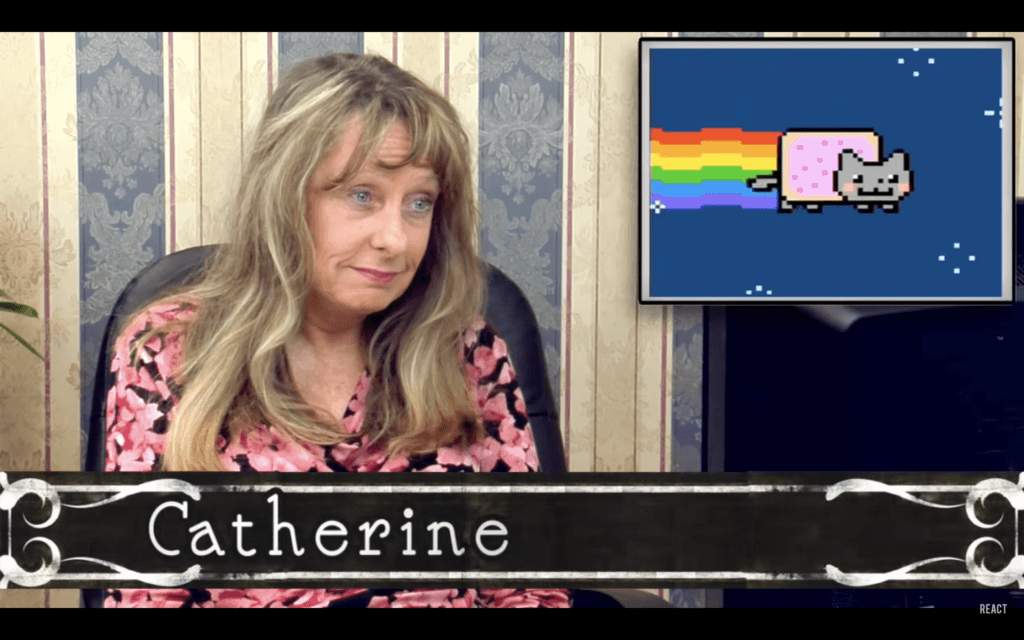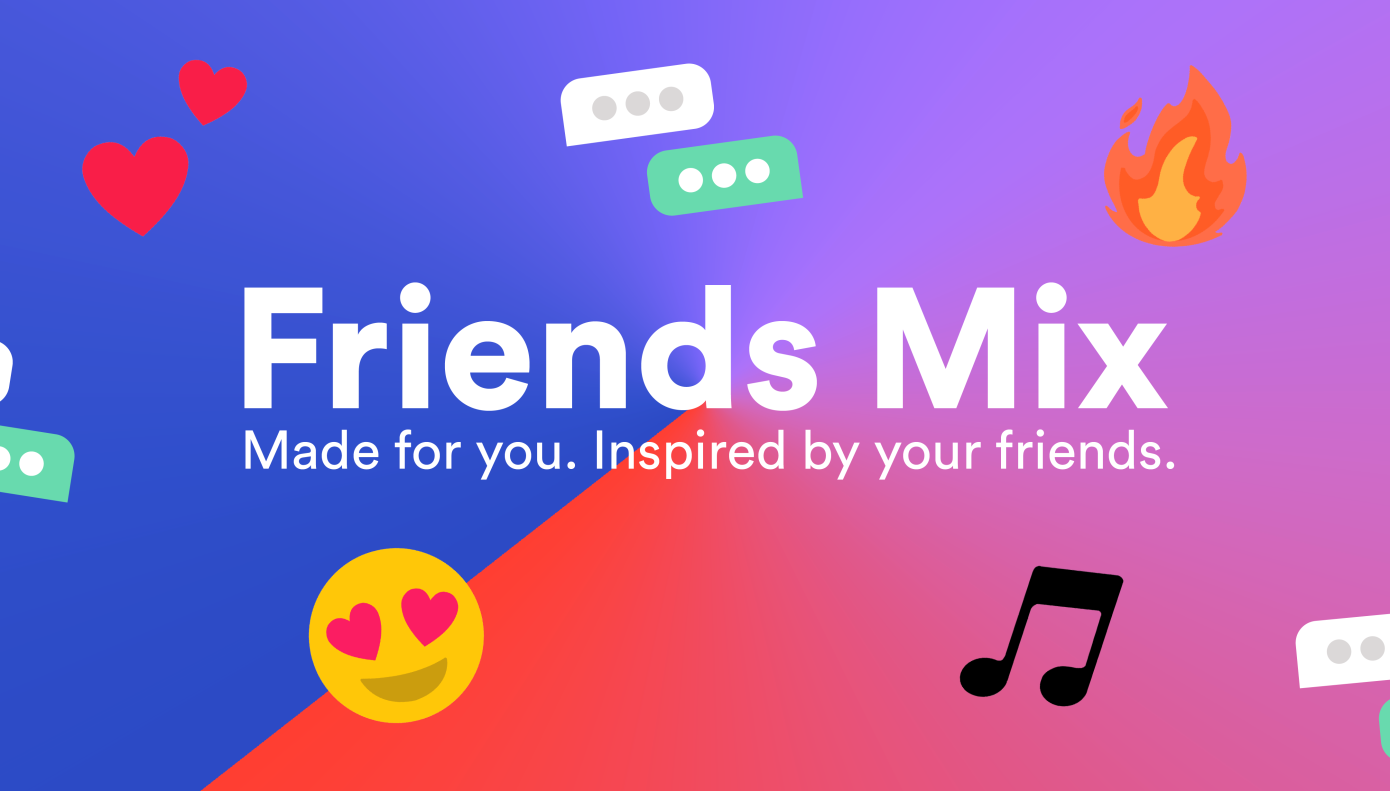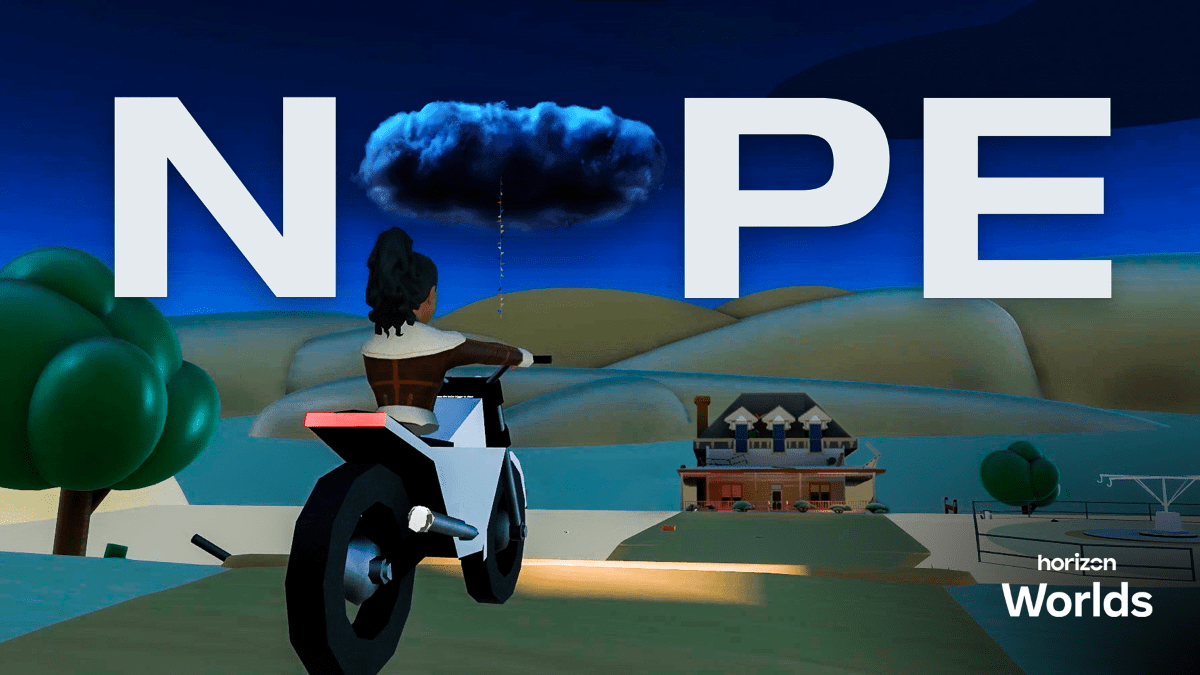


People want search to be less precise, and more exploratory
The way people explore the internet and discover new content is evolving. Users are questioning the old modes of search and leaning more on the rich data social offers, supplementing traditional modes of search with ones that are visual, collaborative, serendipitous, and steeped in personal experience. Discovery journeys are beginning within the depths of Reddit, the sensory minefield of TikTok, or the far corners of Roblox – and these new launchpads are influencing what kind of information people are seeking out.
In August 2022, Twitch streamer @pink.corduroy was wandering through Roblox when she stumbled upon a fellow player’s booth, advertising ‘horrible piano’. The allegedly horrible pianist began to play, but instead of amateur hour, he broke into a symphony-grade melody.
@pink.corduroy and her audience were stunned. As her stream radiated through the internet, the mounting excitement around the ‘horrible piano player’ pointed to an ever-evolving need – a new approach to online discovery.
People once trusted platforms to usher them through the search function. Now, however, users are growing dissatisfied with the guidance they’re getting – whether they’re furious about Instagram’s revamped feeds, or frustrated by Google Search’s SEO-skewed results.
To help navigate a dense forest of memes, trolls, merchants, and forums, people are leaning more on the wonders of user-led data on social – whether to supplement traditional search engines, or replace them altogether. Discovery journeys are beginning within the depths of Reddit, the sensory minefield of TikTok, or the far corners of Roblox – and these new launchpads are influencing what kind of information people are seeking out.
Deciding what to eat, what to watch, or where to go is becoming less about the coldly informative, and more about the immersive and unexpected.
In this context, effectively guiding people around the internet means adapting to new modes of discovery – ones that are visual, collaborative, serendipitous, and alive with personality.

Search results once felt magical, or at least intelligent – now, with greater social awareness of algorithms, SEO, and sponsored ads, there’s a sense that what we see online is limiting. There’s even a whole branch of stress – ‘algorithmic anxiety’ – describing the fear that online recommendations are dulling our individual tastes.

As official search results steadily lose their sheen, social platforms have become groundswells of discovery-friendly content – from the honest, unbranded reviews on Reddit to an explosion in livestreams, duets, stitching, and other ‘reaction content’.
In a swelling sea of content, search and discovery have become less about information-seeking, more about curation. And while people have always gravitated towards content guided by subjective human experience, they’re now coming to it earlier in the journey: TikTok tours and subreddits are no longer a refinement point at the end of a search journey, but a starting point for discovery.
E.g. TikToks are touring people through London’s best date night, the UK’s most unique bars, or what to watch on Netflix.
@sisterz_with_taste London’s Best Date Night Restaurants ✨🥂🌃 #datenight #datenightinlondon #datenightideas #londondateidea #londondatenight
♬ Play For Keeps - Runzo
Rather than a clear or specific search term, people are hinging their discovery journeys around a mood, aesthetic, or feeling. It’s contributing to the success of platforms like Pinterest, which organises information more based on intuitive aesthetic codes, or TikTok, which lets users follow the thread of a given ‘trending sound’.
E.g. the subreddit r/BooksThatFeelLikeThis, where people crowdsource book recommendations based on the ‘feel’ of a given photograph
People are beginning to resist algorithms, and how they choose the one vision of the online world we see. Instead, users want to peer beyond the curtain of their own feeds and For You Pages, in search of a more random and unforeseen glimpse of what the web has to offer.
E.g. the ‘sorry wrong fyp’ trend, where sellers
on TikTok played off the idea that the algorithm hides content from you.
Stat: 62% of people want streaming platforms to recommend more unpopular content... even at the risk
they may not like it.
[Matt Klein, 2022]
Personalisation and simplicity used to be the markers of good search and discovery. Now, however, there’s more value in brands that make search feel collaborative and surprising. Brands can bring users together in a shared act of discovery, or use the spatial landscape of the metaverse to make online shoppers feel like they’re stumbling upon unlikely discoveries.

Brands can turn discovery into a collaborative process to see a slice of the internet that would've otherwise been hidden from view. That’s what Spotify did when it let people collaboratively discover music: its ‘blend mixes’ let people peer outside of their own algo-recommended filter bubble, pushing them onto a pathway of discovery guided by their music partner’s taste.

In collaboration with Universal Pictures and Monkeypaw Productions, Meta launched Nope World on its Horizon Worlds platform. Based on director Jordan Peele’s latest film, the experience featured a virtual train ride that allowed visitors to discover Easter eggs related to the release. This type of spatial, multi-sensory virtual landscape lends itself well to an emerging style of discovery process.